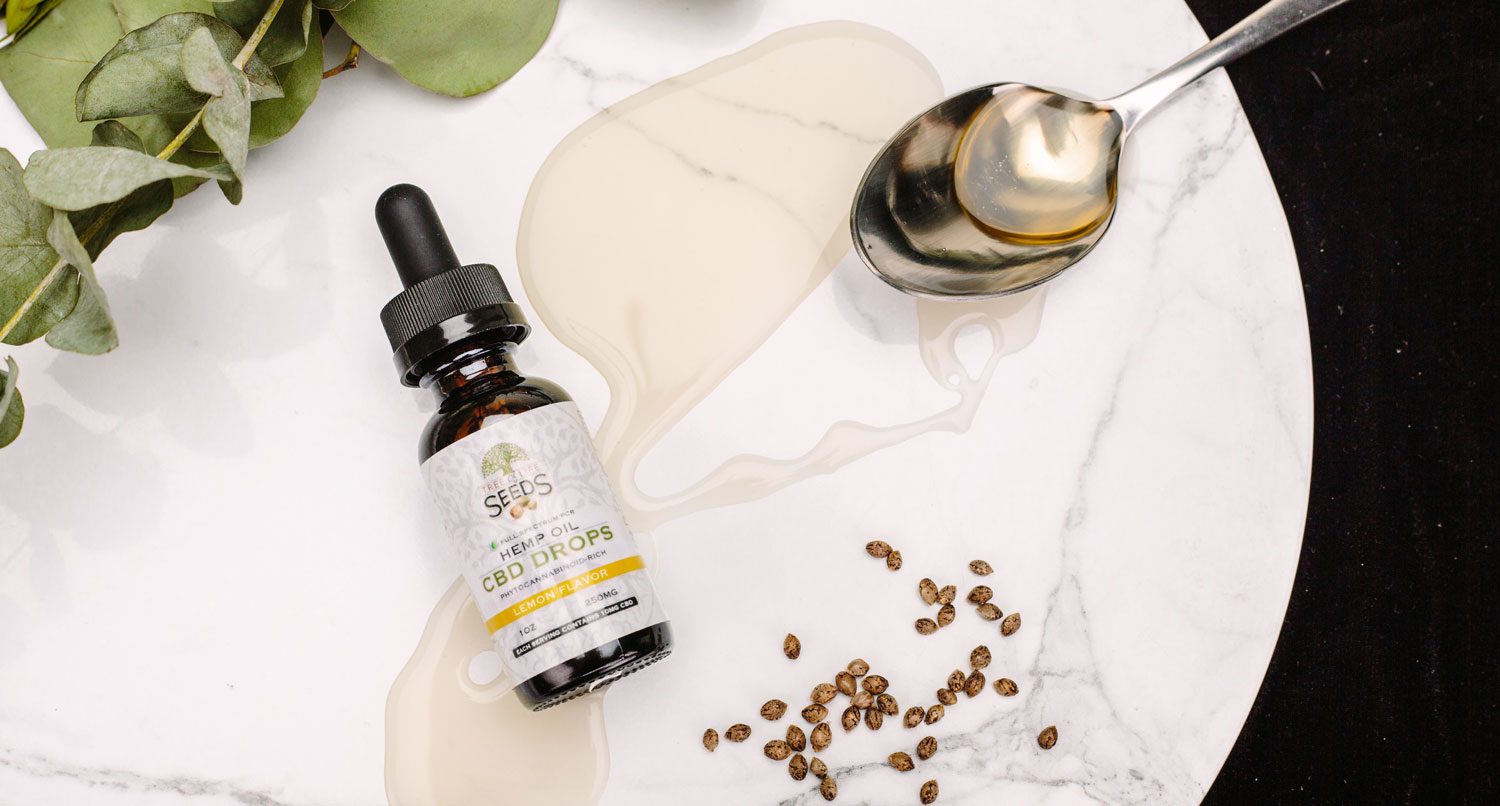BBB AD GUIDANCE FOR AAF
THE AAF + THE BBB + SELF-REGULATION
Since 1920, AAF and BBB Dallas have worked to together to push for advertising self-regulation through free outreach and education services. We’ve created the following to provide best practices when creating advertising content for CBD products.
CBD sales have exploded since 2014. Many sources predict that it will become a multi-billion dollar industry by 2025. As with any industry that quickly expands, regulatory and self-regulatory have taken note of some truly wild claims being advertised.
BBB works with all major regulatory agencies and frequently provides referrals when businesses refuse to substantiate, modify, or discontinue challenged ad claims. We closely monitor Federal Trade Commission lawsuits against businesses – especially when the case involves advertising claims.
As business has boomed, so have the number of actions and warning letters the FTC and FDA have sent. We hope the following will help to avoid potential legal liability and better manage consumer expectation.
CBD, CLAIMED RESULTS, & SUBSTANTIATION
BBB acknowledges that CBD shows great promise, but ad claims require proof prior to dissemination. While the future may be bright, currently, CBD lacks randomized human clinical trials necessary to advertise health claims with the exception of the FDA approved use for a rare form of epilepsy.
When specific conditions or disease claims are advertised, it’s necessary to provide competent and reliable scientific evidence. The type of substantiation necessary heavily depends on the claims being made.
In the case of health claims and CBD, substantiation would likely involve human testing that is blinded, performed by an independent third party, placebo controlled, conducted on a sufficient scope of subjects, and has ideally been peer reviewed.
This also includes consumer testimonials that state or imply disease cures or medication cessation. For example, “Thanks to CBD I’m no longer taking my blood pressure meds!” Advertising this type of testimonials places the same substantiation requirements on businesses as if they claimed themselves that CBD will treat hypertension.
When substantiation is not available, simply removing or re-wording claims in strongly suggested. Including a qualifier like “may help with depression” is not a sufficient substitute.
AVOID SUBSTANTIATION REQUIREMENTS
There are a number of ways that you can highlight the fact that CBD is contained in the products without unproven claims. It’s important to word claims in a way that does not state or imply CBD itself will produce a specific health effect.
USE PUFFERY!
Statements that are purely puffery would be ideal when describing CBD to avoid connection with any untested health claims.
According to Section 29 of the BBB Code of Advertising:
“Expressions of opinion or personal evaluation of the intangible qualities of a product or service are likely to be considered puffery. Such claims are not subject to the test of truth and accuracy and would not need substantiation.
Puffery may include statements such as “best food in the world” and “we try harder” as well as other individual opinions, statements of corporate pride, exaggerations, blustering and boasting statements upon which no reasonable buyer would be justified in relying. Puffery also includes general claims of superiority over comparable products that are so vague that it can be understood as nothing more than a mere expression of opinion.”
For example:
“The best CBD oil ever” / “Stimulating” / “Soothing” / “Calming” / “Relaxing” / “Relieving” / “Invigorating” / “Helps you live your best life!”
The above statements are intangible qualities not requiring substantiation. Statements viewed as objective superlatives, however, do require proof. “Fastest acting” or “better absorption” for instance are factual and can be proven.

AVOID PRODUCT AND COMBINATION CLAIMS
It is important to decouple any explicit or implied health claims connected to CBD from health claims. If products contain other well-tested ingredients it’s possible to advertise those well-known benefits.
For example: “Our CBD XYZ product includes carefully selected botanical ingredients like ginkgo biloba to provide immune-supportive benefits.”
Provided that the product contains standard vitamins or minerals known to benefit the immune system the above example would not require substantiation, as the benefits are placed on the botanical ingredients rather than CBD itself.
AVOID MEDICAL AND DISEASE CLAIMS
Never state or imply that CBD can replace prescribed medications, treat, cure, or prevent diseases. Even if testimonials are genuinely provided by consumers, it’s important to not advertise any containing disease or cessation claims.
Avoid terminology involving synergistic or combined effects. These types of claims also require competent and reliable substantiation showing the combination does not produce contraindications. Statements regarding the overall formulation should similarly be avoided without human testing.
General statements about how various bodily systems function are certainly fine. However, problems arise when general statements or imagery imply health benefits.
HOW TO ADVERTISE INGREDIENT CLAIMS
Most businesses have ample testing data on individual ingredients contained in their products, but it’s rare that companies have completed human trials for the end-product. There are many ways included below that separate these out, but that’s not going to be the case with products that ONLY contain CBD.
Examples of ingredient claims that would not require overall product substantiation could be:
Benefit from the immune boosting benefits of Vitamin C contained within our product. We’ve added potent doses of Vitamin C to keep your immune system strong and fighting. Source: www.ncbi.nlm.nih.gov/pmc/articles/PMC5707683
Turmeric has been used in India for thousands of years as a spice and medicinal herb. Modern science has indicated that it’s also a potent anti-inflammatory and antioxidant and may also help happiness and attitude. Source: www.nccih.nih.gov/health/turmeric
Self-regulation is always easier and far cheaper than dealing with a regulatory lawsuit. If you ever have questions, BBB Serving North Central Texas provides free prior-to-publication review services. We’re happy to review anything for compliance with BBB standards. Email us at adreview@nctx.bbb.org.
The information contained in this article is provided for informational purposes only, and should not be construed as legal advice on any subject matter.